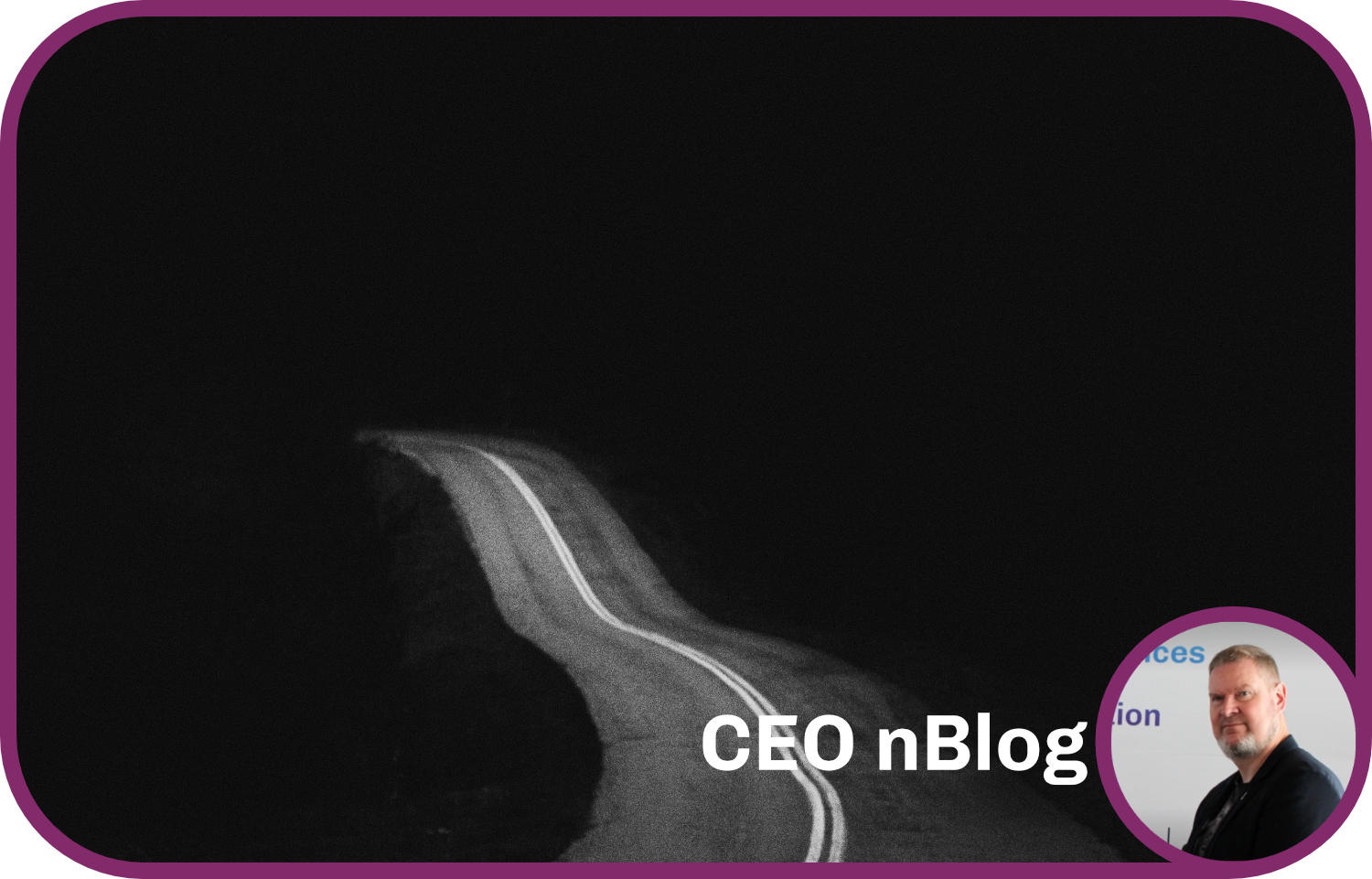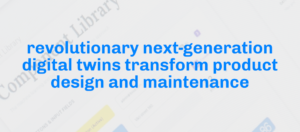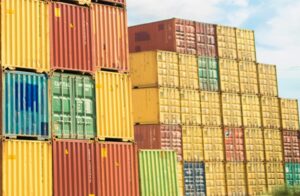During my career and especially with BaseN, I’ve had the luxury of seeing a great many different kind of industries and companies, ranging from mining and slaughterhouses to space exploration, gaming and high-frequency trading.
In all industries there are sustainable companies and business models, and those who may prosper for now but which are almost always fragile when the world changes in unexpected ways. I’ve concluded that most fragile companies are those who have taken the ‘concentrate on core business’ to the extreme while narrowing that core year after year.
My late mentor and BaseN board member Jan Inborr, a pulp & paper titan, did emphasize core business concentration, but at the same time maintaining at least three, at least slightly diverse ‘cornerstone businesses’ which can easily be ramped up based on the market conditions – a double backup plan, in a way.
Last week I met with Seattle and Tacoma port authorities and shipping-related companies in Washington state. Global shipping is one of the most traditional industries, with breakthrough innovations happening seemingly once or twice in 100 years (lastly standardized containers, some development also in more efficient powertrains, to exaggerate a bit). One of the exercises we had with Maritime Blue, a local think-tank and business organization, was to envision how ports could speed up innovation in order to better combat climate change, and at the same time be more efficient drivers for global business.
Most ideas were about improving logistics and providing better situational awareness to authorities and port operators. These are important areas, but the thinking behind was mostly – incremental. We need to ship more, faster and cheaper.
Two of the Finns in the group, me and Unikie‘s Jussi Mäntynen, threw ideas like robot containers, which would walk themselves into the ship and back and self-organize, and ship-based factories to manufacture products enroute, bit like how some advanced fishing vessels are now cooking and canning fish already at the sea. Both of these ideas, if implemented, would drastically change port operations and force crane and other logistics companies to quickly rethink their core businesses.
Jussi’s finale was Aqua Man, which denoted any unexpected development affecting global shipping, be it commercial, technical or anything else. Think of Star Trek transporters. This was in my opinion actually the most important point – current actors and companies should always be ready for unexpected changes, be they completely new technologies or COVID-like crises.
To improve preparedness, we postulate that it’s all about better understanding the global phenomena through collected data, using newest machine learning and non-linear analysis technologies and making rapid changes to business processes and models. Often this also means collecting seemingly unnecessary data, which might be useful only years later.




